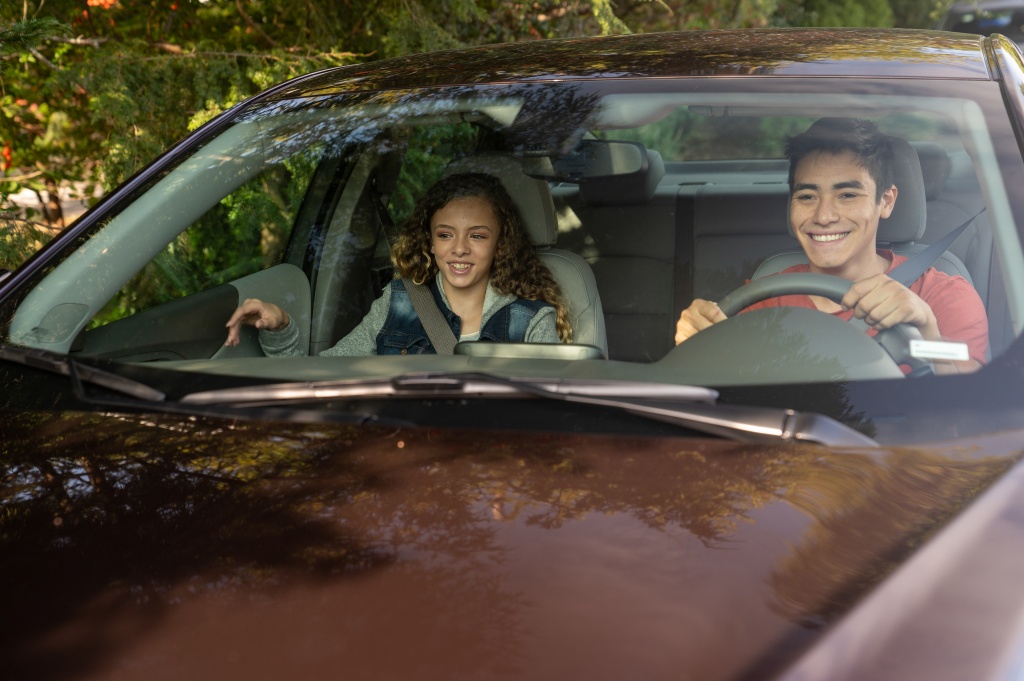
Did you know that Memorial Day marks the start of the 100 Deadliest days for teen drivers? For many schools across the country closing for summer break and states across the country beginning to phase into reopening, the rate of teen drivers on the road will begin to increase. Ford Driving Skills for Life- a Ford Fund safe driving program for teen drivers, put together eight tips to keep teens safe this summer.
- Wear your seat belt
- One of the safest choices drivers and passengers can make is to buckle up. Over 14,000 lives were saved by seat belts in 2017. 1 Air bags are not enough to protect you in a crash. Air bags are designed to work alongside seat belt use, not replace them. Teen drivers should require always wear a seat belt and require their passengers to do the same.
- Limit Passengers
- Conversations with multiple passengers can be incredibly distracting, and peer pressure can lead to dangerous behaviors like speeding or recklessness. Graduated Driver Licensing laws limit the number of passengers allowed at one time. Check your state’s GDL law and how it applies to you. Did you know adding two passengers under the age of 21 doubles the risk of car crash for a teen driver?
- Don’t Drive Drowsy
- The National Sleep Foundation says drowsy driving can be just as dangerous as drunk driving. Drowsy driving crashes occur most often between midnight and 6 a.m.
- Don’t drive impaired
- Every day, almost 30 people in the United States die in drunk-driving crashes — that's one person every 50 minutes.3 Driving a vehicle while impaired is a dangerous crime. If you drink, do not drive for any reason. Call an UBER, a sober friend, or possibly a family member.
- Avoid distractions
- Every day in the US, nine people die from a distracted-driving-related motor vehicle crash, with six of these deaths being teens aged 16 to 19. Distracted driving extends further than texting and driving. It also includes, listening to music or eating can take focus away from the road.
- Reduce Night Driving
- The inexperience of a teen driver mixed with unfamiliar roads can result in a crash.
- Watch out for Construction Zones
- You can receive a big ticker if you do not abide by the construction zone advisement. This also applies to moving over for emergency vehicles on the highway.
- Know the Roads-
- If possible, take the time to review the road signs and driving laws. It is important for them to become familiar with the road rules.
It is important to talk with your child early and to continuously host safe driving conversations throughout their driving experience because laws change. Parents play a key role in empowering their teens to practice safe driving behaviors!
Sources:
1. National Highway Traffic Safety Administration
2. Centers for Disease Control and Prevention
1